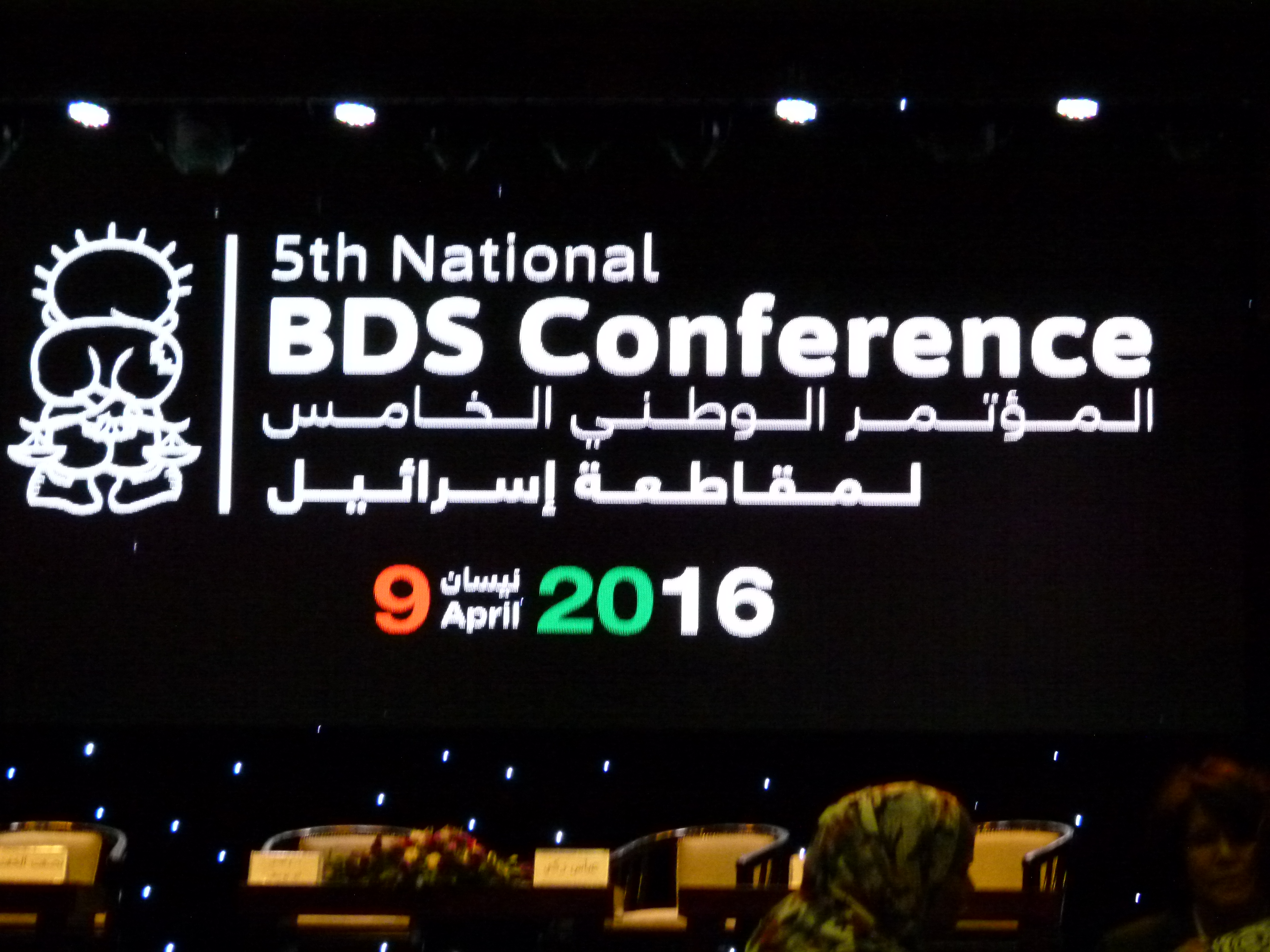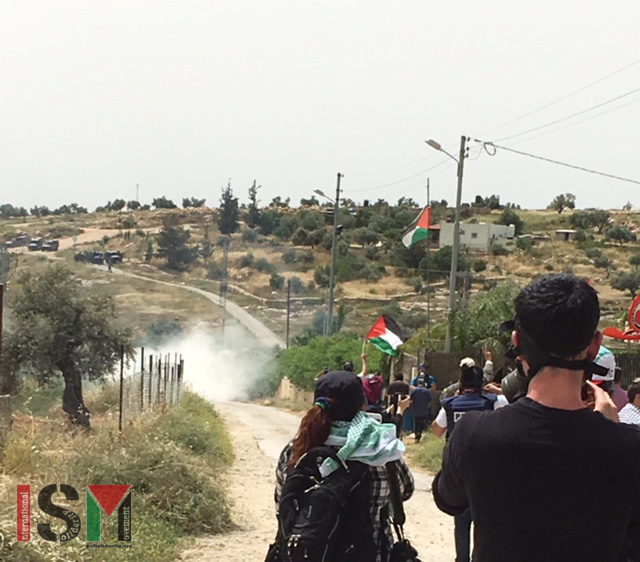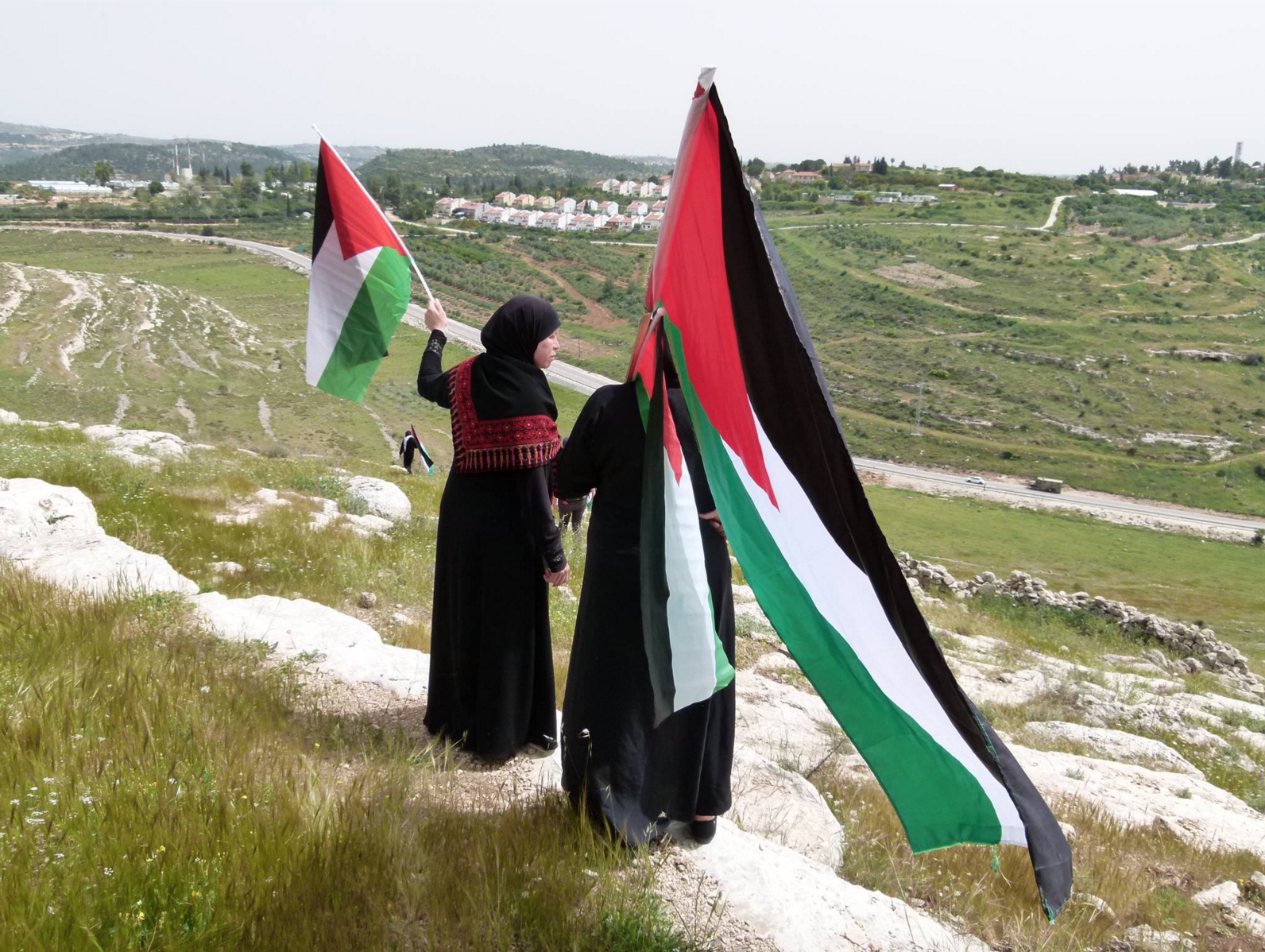-
5th Annual BDS Conference Held in Ramallah
9th of April 2016 | International Solidarity Movement, Ramallah team | West Bank, occupied Palestine Held on the 68th anniversary of the Deir-Yassin massacre, the fifth annual BDS (Boycott, Divestment, Sanction) Conference took place in Ramallah. The event featured a keynote address from Ahmed Kathrada – an icon of the South African Anti-Apartheid movement and […]
-
Bil’in protesters keep fighting after more than a decade of friday demoes
9th April 2016 | International Solidarity Movement, Al-Khalil Team | Bil’in, occupied Palestine The weekly protest took place in Bil’in on Friday April 8th, as it has done every Friday for over a decade. Around 35 protesters, a mix of multi nationals and Palestinians, took part. Very soon after the peaceful march started, the […]
-
Nabi Saleh Protest Ends With Tear Gas
8th of April 2016 | International Solidarity Movement, Ramallah team | West Bank, occupied Palestine As on every Friday a group of Palestinians, supported by Israeli Peace Activists, Internationals and with an international media presence, came together in Nabi Saleh after midday prayers to protest the continued illegal occupation of Palestinian land by Israel. In […]
Action Alert An Nabi Saleh Apartheid Wall Arrests BDS Bethlehem Bil'in Cast Lead Demonstration Denial of Entry Ethnic Cleansing Farmers Gaza Global Actions Hebron House Demolition International law Israeli Army Jerusalem Live Ammunition Nablus Ni'lin Prisoner Ramallah Rubber-coated steel bullets Settlement Settlers Settler violence Tear-Gas Canister Video



